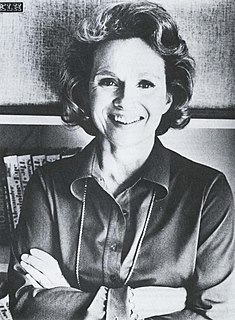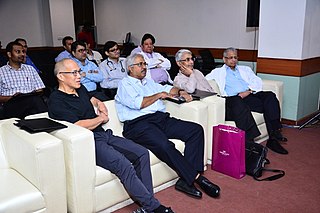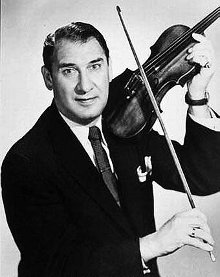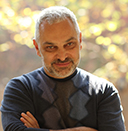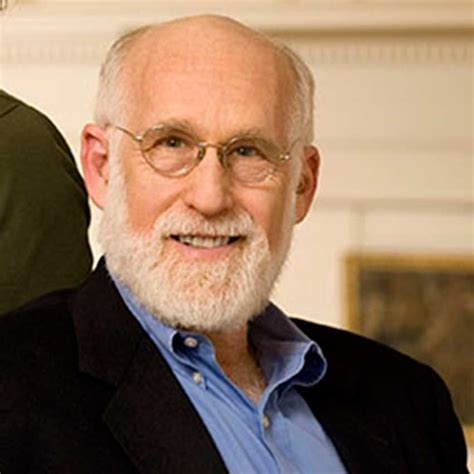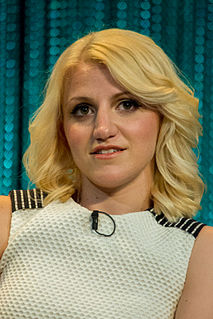A Quote by Shana Alexander
The difficulty with becoming a patient is that as soon as you get horizontal, part of your being yearns, not for a doctor, but for a medicine man.
Related Quotes
I had a fear of becoming anything, a fear of becoming a specialist. I might have become a doctor, but if you become a doctor, that's your specialty in life and you are defined by it. One of the attractions of being a writer is that you're never a specialist. Your field is entirely open; your field is the entire human condition.
The freedom of patient speech is necessary if the doctor is to get clues about the medical enigma before him. If the patient is inhibited, or cut off prematurely, or constrained into one path of discussion, then the doctor may not be told something vital. Observers have noted that, on average, physicians interrupt patients within eighteen seconds of when they begin telling their story.
If you think about the impact of climate change, [it should be how] a doctor would deal with the problem. A scientific hypothesis is tested to absolute destruction, but medicine can't wait. If a doctor sees a child with a fever, he can't wait for [endless] tests. He has to act on what is there. The risk of delay is so enormous that we can't wait until we are absolutely sure the patient is dying.
Macbeth: How does your patient, doctor? Doctor: Not so sick, my lord, as she is troubled with thick-coming fancies that keep her from rest. Macbeth: Cure her of that! Canst thou not minister to a mind diseased, pluck from the memory a rooted sorrow, raze out the written troubles of the brain, and with some sweet oblivious antidote cleanse the stuffed bosom of that perilous stuff which weighs upon her heart. Doctor: Therein the patient must minister to himself.
